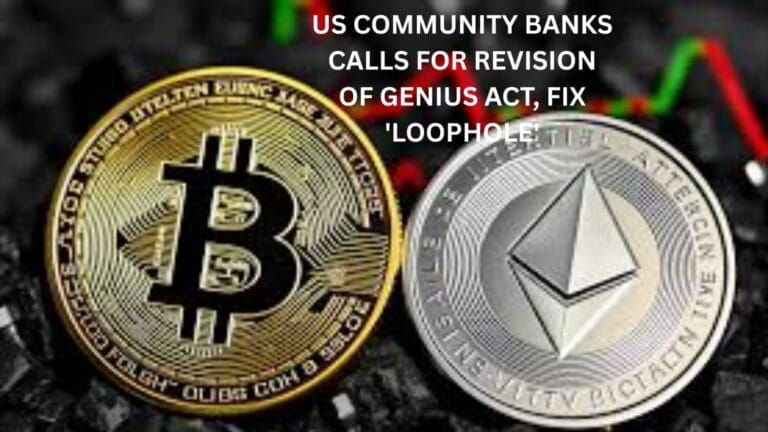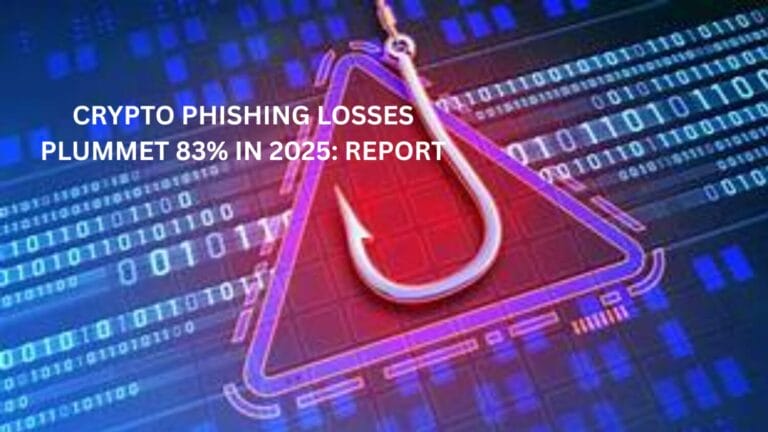Key Takeaways
- India intends to launch a CBDC or central bank-backed digital currency. Sitharaman announced in her Budget speech that the RBI would issue the digital rupee, or CBDC, in the coming fiscal year.
- Concerned about the possibility of bitcoin misuse, Finance Minister Nirmala Sitharaman has indicated that India will proceed with prudence when it comes to cryptocurrency legislation.
- She stated in an interview at Stanford University that the decision on cryptocurrency will not be rushed.
Union Finance Minister Nirmala Sitharaman commended blockchain technology and claimed that the government aims to promote the sector’s growth while speaking at Stanford University on Wednesday.
The Minister agreed that blockchain technology has applications outside of payments. She went on to add that the government’s goal is not to hurt the industry but to define its role in the system.
“Blockchain technology is full of possibilities, not just in the payment space, but in many other areas,” Sitharaman said. Our goal is not to hurt these, but to convey why we need them and how their growth might be assisted.”
Sitharaman was speaking at Stanford University and Stanford Medicine Fire Side Chat. Taranjit Singh Sandhu, India’s ambassador to the United States, and Ananth Nagesvaran, Chief Economic Advisor, accompanied the minister. Students from a well-known university attended the session.
Blockchain is a distributed, immutable ledger used to record transactions and track assets. Blockchain technology is safeguarded by cryptography.
Blockchain technology is most prominent in its usage as a ledger for bitcoin transactions, but it is also employed in supply chain management, real estate records, digital identity, and other sectors.
In her February Union Budget speech, Sitharaman proposed a 30% tax on gains from the transfer of virtual digital assets, which went into force on April 1. The administration has yet to specify whether cryptocurrencies would be regulated or forbidden.
The government has maintained that the imposition of the tax does not entail recognition of these assets and that they will be addressed separately after thorough consultations.









